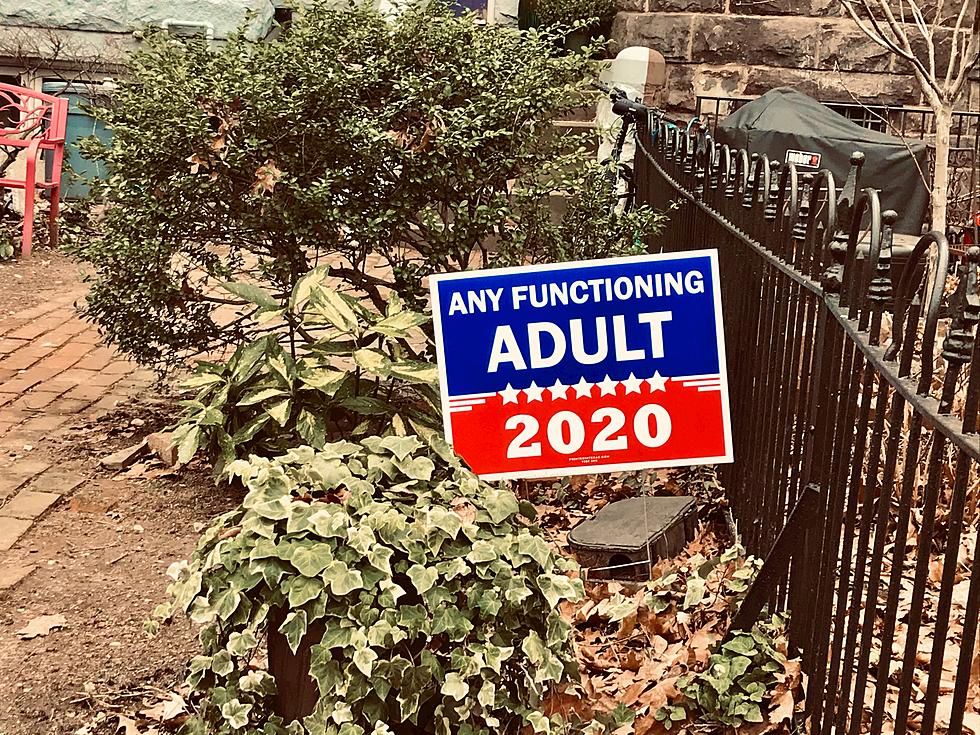
COAH Ruling Spans Class, Age Barriers, Expert Says
The New Jersey Supreme Court's order for a redefinition of affordable-housing calculations by towns can lead the Garden State to a future of truly-inclusionary communities, or of a decimated middle class, says an expert who spent 10 years in the thick of the battle.
Attorney Peter Reinhart served on the Council on Affordable Housing (COAH) from 1994 through 2004. Today, he is Director of the Kislak Real Estate Institute at Monmouth University. He says that the goals and time frames set by the justices are reachable, but they'll require hard work, courage and an understanding that compromise is not failure.
The vote was 3-2. Two justices did not take part.
The struggle is 38 years old. The high court's Mount Laurel decision in 1975 sought to mitigate the yawning gap between the urban enclaves from which low-income families had no escape, and the affluent post-World War II suburbs to which they had no access.
Two years later, the state legislature responded with the Fair Housing Act, which established COAH.
Beginning in the mid-1980s, the Council relied on statistical analysis to determine municipal obligations for affordable dwellings. It was the standard for nearly 20 years, and upwards of 70,000 affordable units entered New Jersey's housing stock, says Rinehart.
Beginning in 2004, the growth-share approach took precedence. It allowed officials in each community to project future growth and use that projection to determine the level of their constitutional obligations. It's been the object of litigation practically the entire time.
Thursday's ruling essentially scraps that concept and gives COAH five months to develop a new one. "I'm somewhat skeptical, because it's a lot of work," Reinhart says. "It just depends on how much effort and political will they put into meeting that February 2014 deadline."
As for the legislature, Reinhart believes that the directive for a new approach on their part is a new chance to create the rising tide that lifts all boats. "I do believe there will be legislative efforts to come up with a new approach to meet Mount Laurel obligations," he ventures.
The effort, Reinhart suggests, reaches not only across earning categories, but age distinctions as well - and stand to set the course for New Jersey's economic health far into the future.
"A lot of younger people, 20s in age, or even 30s, find it very difficult to find housing that's affordable," he notes, and that increases the desirability of surroinding states with different economies.
"I, for one, would like to see some fresh thinking," offers Reinhart from his perspective of 10 years on the Council. "I think most people would agree that, in fact, New Jersey is an expensive place in which to live, and we do have an affordable housing problem. How to deal with it is where the lines of difference are drawn."
More From 92.7 WOBM









